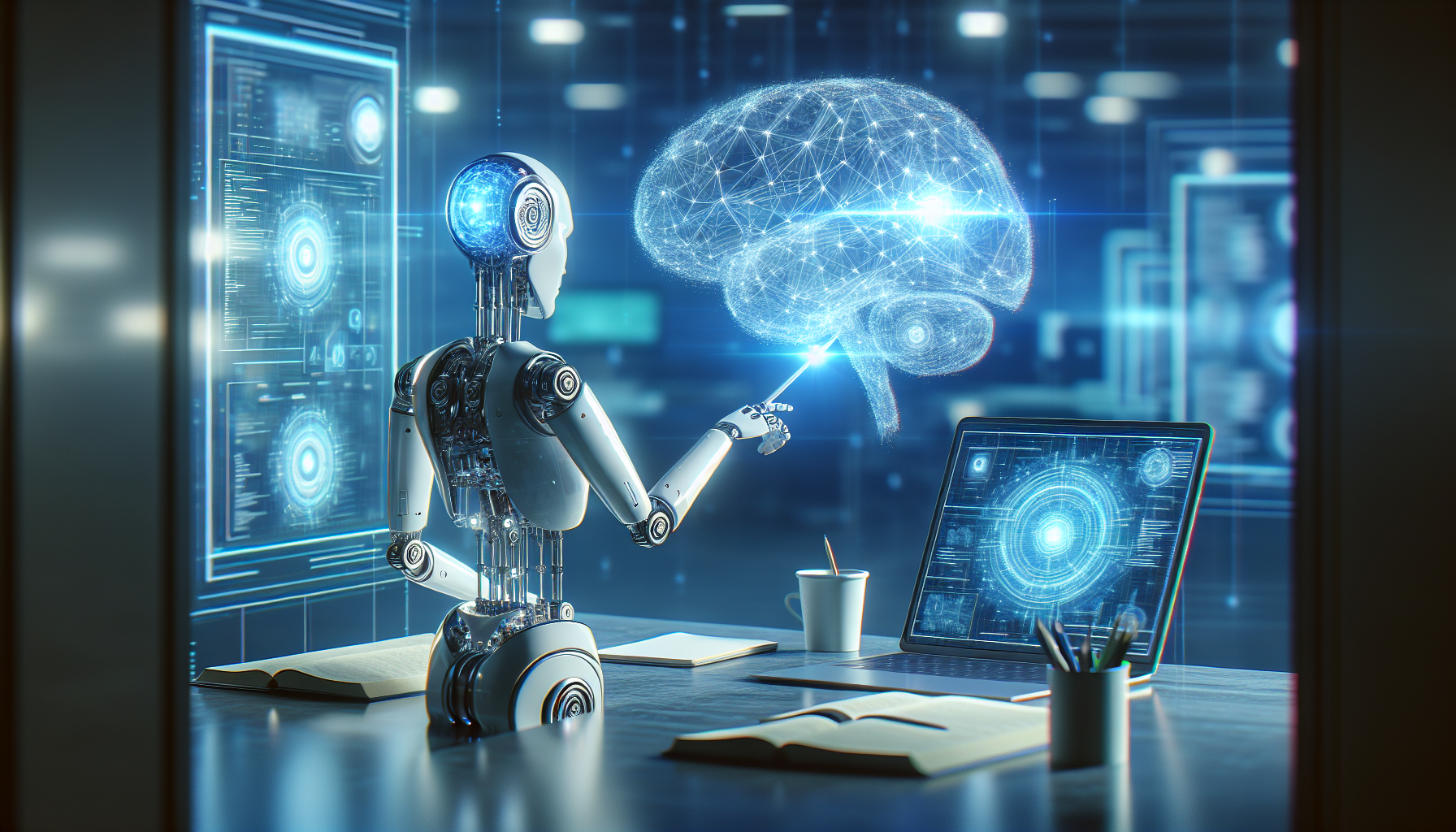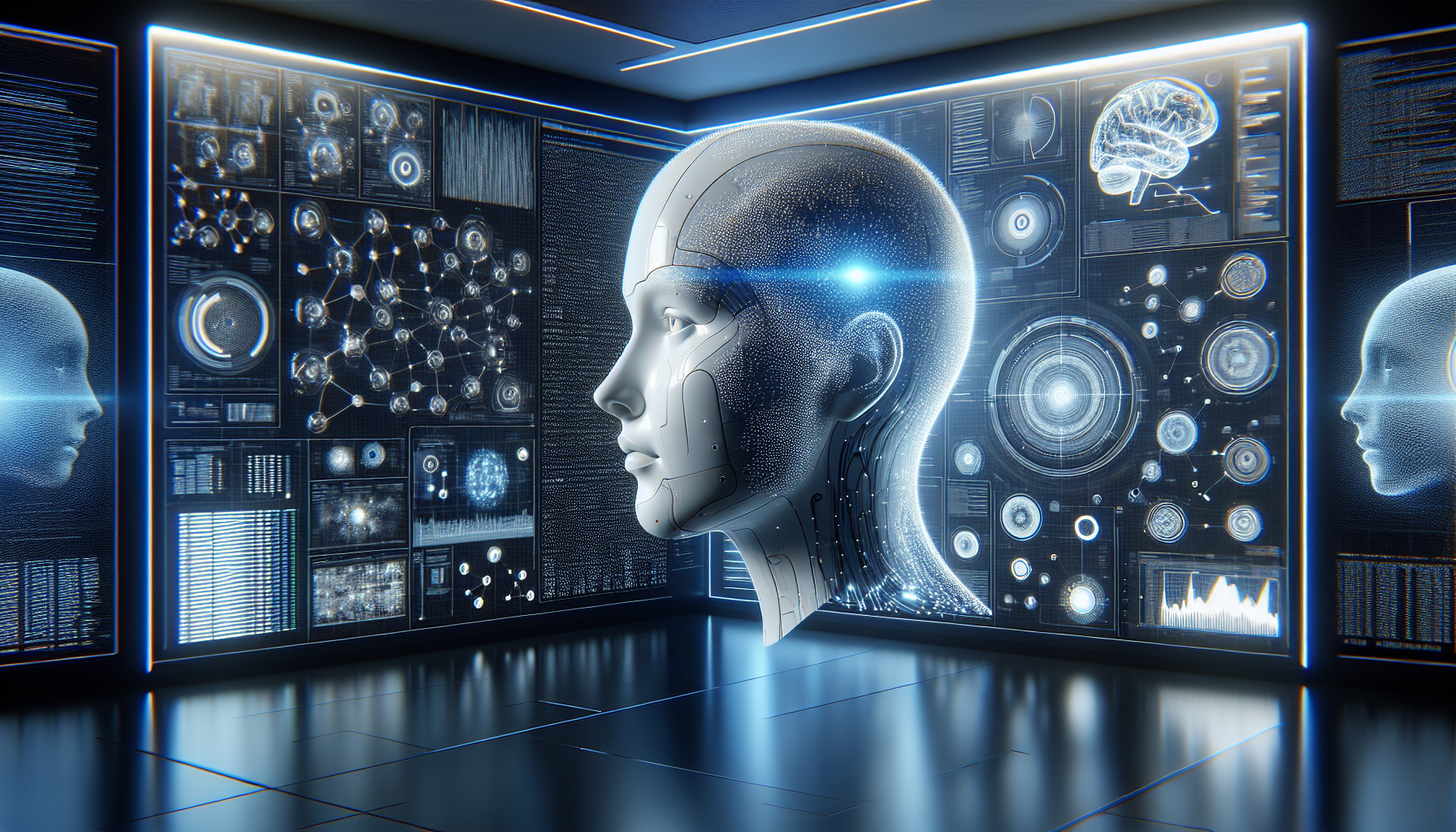
AI on Wheels: How Artificial Intelligence is Taking the Driver's Seat-Literally!
August 13, 2025
Imagine a world where your car not only knows your favorite podcast but also saves you from the embarrassment of having to parallel park. Spoiler alert: you’re already living in it. Welcome to the era of autonomous vehicles, where artificial intelligence isn’t just a backseat driver—it’s the whole driving force. As AI continues its joyride through the automotive industry, let's buckle up and explore how this wildly fascinating technology is shaping our roads, our lives, and yes, even our insurance premiums.
First off, let’s address the elephant in the room. Or rather, the elephant in the driver’s seat. Autonomous vehicles are not about to transform into futuristic hover cars with an insatiable appetite for fast food wrappers. Instead, they are quietly revolutionizing the way we think about transportation. AI is the unsung hero—or villain, depending on who you ask—of this transformation, acting as the brain behind the wheel. It’s like having a chauffeur who never complains, never asks for a raise, and never needs a bathroom break.
Now, you might wonder, how exactly is AI revving up this transformation? For starters, machine learning algorithms are the secret sauce behind the autonomous vehicle’s ability to navigate complex environments. These algorithms allow cars to process vast amounts of data in real time—from the speed of an oncoming vehicle to the surprise appearance of a rogue squirrel. It's like teaching a teenager how to drive, except this teenager has an impeccable memory and never rolls their eyes when you correct their speed.
But wait, there's more! AI in autonomous vehicles is also focused on safety. You know how your mom always tells you to drive safely? AI takes that advice very seriously. With advanced sensors and cameras, these smart cars can detect obstacles, predict potential collisions, and make split-second decisions to avoid accidents. It’s like having a guardian angel that’s powered by semiconductors and a deep neural network.
Of course, like any technology worth its salt, autonomous vehicles have their quirks. Take, for instance, the infamous "trolley problem." In the world of AI, this isn’t just a philosophical conundrum—it’s a real-world dilemma. If an autonomous vehicle must choose between two evils (say, hitting a pedestrian or swerving into a tree), how does it decide? While engineers and ethicists debate this scenario, one thing is clear: AI is learning to make these tough calls, hopefully with the wisdom of Solomon and not the impulsiveness of a teenager on TikTok.
Let’s not forget the role of AI in traffic management. Picture a future where traffic jams are as extinct as the dinosaurs. Thanks to AI, autonomous vehicles can communicate with each other to optimize traffic flow, reduce congestion, and even orchestrate an impromptu game of synchronized lane switching—minus the honking fits. In other words, AI could turn rush hour into more of a gentle meandering than a chaotic scramble.
Now, it would be remiss not to mention the potential economic impact of AI-driven vehicles. While some fear job displacement—like taxi drivers who might need to swap their wheels for keyboards—others see a wealth of opportunities. Think about it: someone’s got to program these cars, maintain them, and perhaps even provide emotional support to humans who miss the thrill of honking at inconsiderate drivers.
And let’s talk about insurance. Autonomous vehicles could transform the insurance landscape, making it more akin to insuring your smartphone than your car. After all, when your car can avoid accidents better than a human, premiums might just take a nosedive. But who knows, perhaps future policies will cover "emotional distress from lack of driving excitement."
As autonomous vehicles continue to evolve, they raise intriguing questions about our relationship with technology. Will we embrace this driverless future with open arms, or will we cling to our steering wheels like security blankets? One thing’s for sure: AI is here to stay, and it’s steering us toward a future that’s as intriguing as it is uncertain.
So, the next time you hop into your car, remember: you might be the one holding the wheel, but AI is quietly navigating the journey. And who knows? Maybe one day, cars will be the ones writing articles about us humans, marveling at how we ever managed without them.


